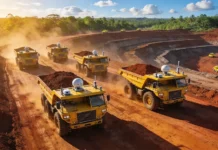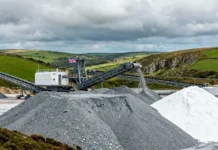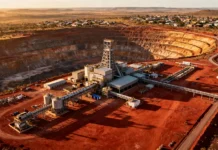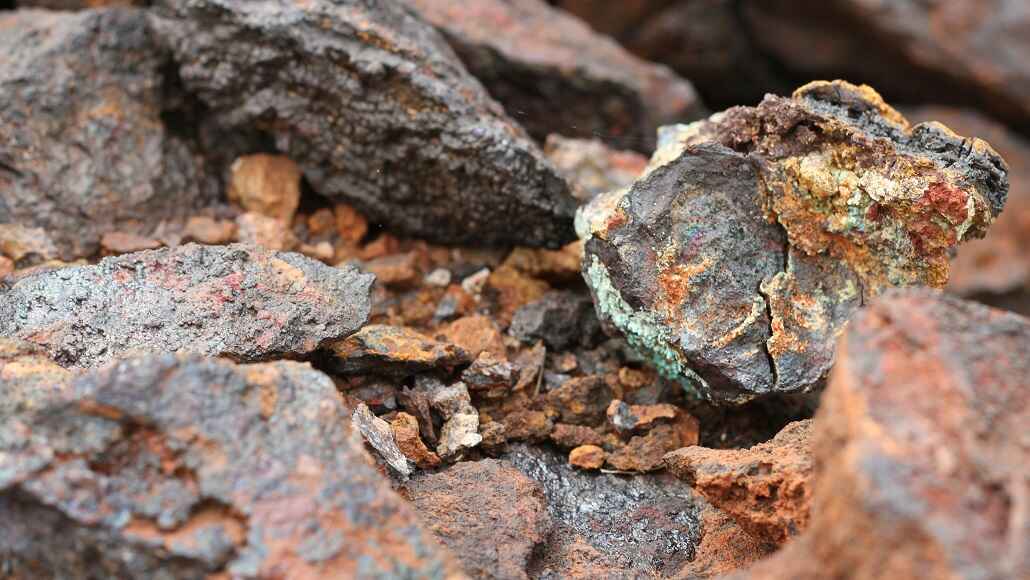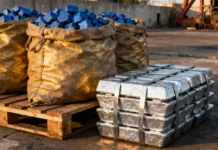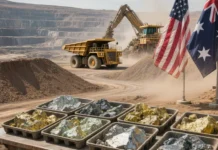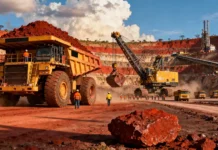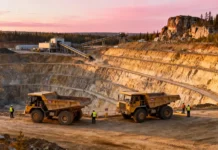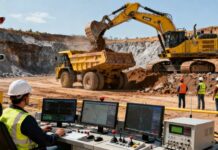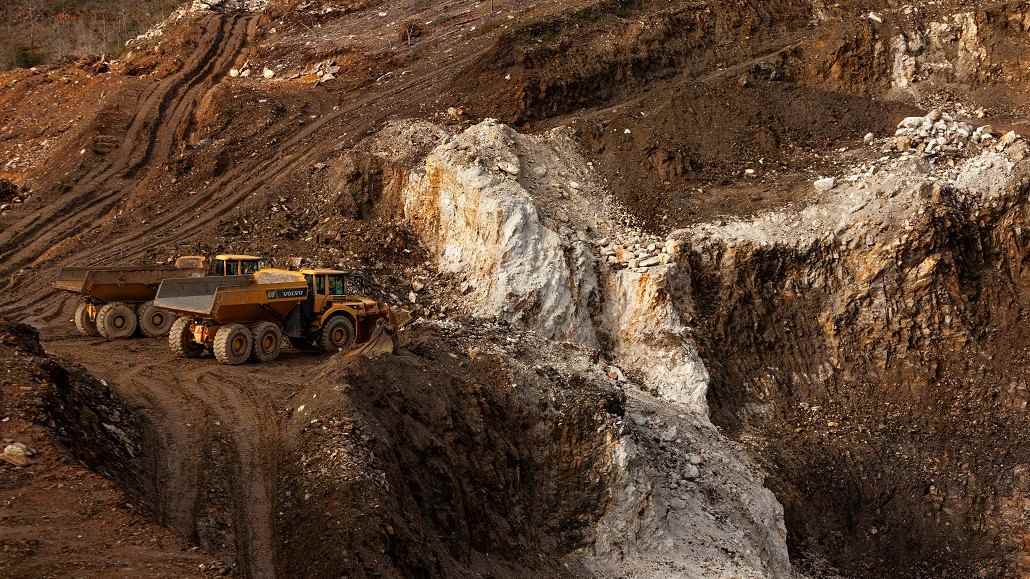On June 17, 2025, Malian government helicopters landed unannounced at the Barrick Mining complex and took away gold by escalating a dispute between the parties and also highlighting the challenges that the miners are facing as African countries assert more control when it comes to their natural resources.
This kind of trend spans across West as well as East Africa’s coup belt, which includes Niger, Guinea, and Mali, where the military dreams have seized the power in recent years and also elected governments, such as the one in the Democratic Republic of Congo.
It is well to be noted that the governments have also been emboldened in order to act by the worldwide race for critical minerals, which are essential to high-tech as well as defence industries and also transition to cleaner energy segments.
The raid on the Loulo-Gounkoto complex, wherein the government seized more than a ton of gold, has added to the woes of the Canadian company, which had already lost functional rights to the mine after it closed in January 2025 because of another government seizure of the precious metal. It is worth noting that Niger has moved to nationalize a uranium mine, which is jointly operated with Orano, which happens to be a French state-owned entity, while Guinea has revoked many licenses throughout its gold, diamond, bauxite, graphite, and iron sectors.
Apparently, the Democratic Republic of Congo, in June 2025, went on to extend a ban on the export of cobalt, which happens to be a very critical battery metal, in an attempt to boost the prices, thereby leading to Glencore, a commodity company, declaring a force majeure when it comes to some of its contractual obligations.
Daniel Litvin, who is the chief executive of Resource Resolutions, a mineral contract resolution company, said that Western companies are often still playing when it comes to some of the old rules of the game, and in terms of how to make use of government, that’s fundamentally at odds with them.
He added that the companies need to make their game more sophisticated and get a deeper understanding of the motivation of host governments, something which, according to him, Chinese companies are better at doing—rather than taking the patronizing view of assuming things, they were acting irrationally.
While there are some governments that have already embraced more overt resource nationalism by way of demanding a greater share in terms of revenues and also increasing the state participation within the joint ventures, there are others that look forward to moving up the value chain by exerting control in terms of processing raw materials.
Some democracies have already sought to extract concessions from certain foreign miners in the run-up to their respective elections, and wider geopolitical considerations have also come to play a major role since some countries, like Burkina Faso, Mali, and Niger, have gone to reduce their ties with formal colonial rulers as well as other Western nations.
The military leader of Mali, Assimi Goita, in June 2025, broke ground on a gold refinery project that was built with a Russian conglomerate as well as a Swiss investment company, which, according to him, would assert the economic sovereignty of the nation.
Verisk Maplecroft, which happens to be a risk intelligence company, said that resource nationalism had gone on to become a very important theme when it comes to its engagement with clients within the extractive sectors. Other industry figures happen to say that the mining groups were embracing a multitrack approach and even sometimes pursued certain backchannel negotiations as they went ahead with some legal cases against the host governments. The mining companies in Africa are looking out for adapting novel ways in order to sync-in with the African state policies.
However, such deals can indeed carry the risk of being perceived as improper or done under duress. The issues concerning anticorruption advocates were underscored after President Donald Trump went on to instruct his Justice Department to pause the enforcement of a law that banned bribery of foreign officials.
Litvin went on to warn at the resource resolutions that deal with which have been won by conducting unethical practices are indeed short-term wins. According to him, companies should double down on their commitment when it comes to international benchmarks, and it’s a short-term win if they go on to engage in certain malpractices.
An analyst from Verisk Maplecroft, Michaud Durmaz, said that the company could enhance relations with host governments by way of promoting broad socioeconomic development, like by investing in infrastructure. It was no longer viable just to go ahead and exploit resources and move on, he said.
The chief executive of Barrick, Mark Bristow, said in a letter on the company’s website that it was indeed committed to Mali, in spite of the extraordinary and unprecedented barriers that they are facing.
In the letter, he added that their relationship with Mali goes on to represent more than just a business partnership; it exemplifies the shared value creation, which has gone on to define their approach towards responsible mining throughout Africa and across the world.
One of the Morocco-based political economists at Oxford Economics, François Conradie, went on to point out the Simandou project in Guinea as an example of mining companies in Africa that happen to be investing in infrastructure development. Rio Tinto, which is an Anglo-Australian company, along with its partners, which include the likes of several Chinese firms, is also constructing railway as well as port facilities.
Conradi went on to warn that companies will be required to avoid sitting on licenses without exploiting them, which mostly leads to already cash-strapped governments losing the much-required flows of taxes as well as royalties.
It is well to be noted that Orano delayed the production at the Imouraren mine, which is located in northern Niger, for many years as uranium prices went on to collapse and was later stripped of its rights to the site since relations between France and Niger collapsed.
Conradie said that if one comes to a country, one has to put money into the state coffers.
However, analysts have found that governments are also required to tread carefully so that they do not deter investments within their industries. Durmaz opined that the risk for investors in Niger and Mali has transitioned in the wrong direction, whereas Guinea happens to have more risk than benefits.
The founder of Sarama Resources, Andrew Dinning, said that the withdrawal by Western investors could very well create a vacuum, which would most likely get filled by either Chinese or non-Western money. It is well to be noted that Sarana Resources has already begun arbitration proceedings against the Burkina Faso government.


